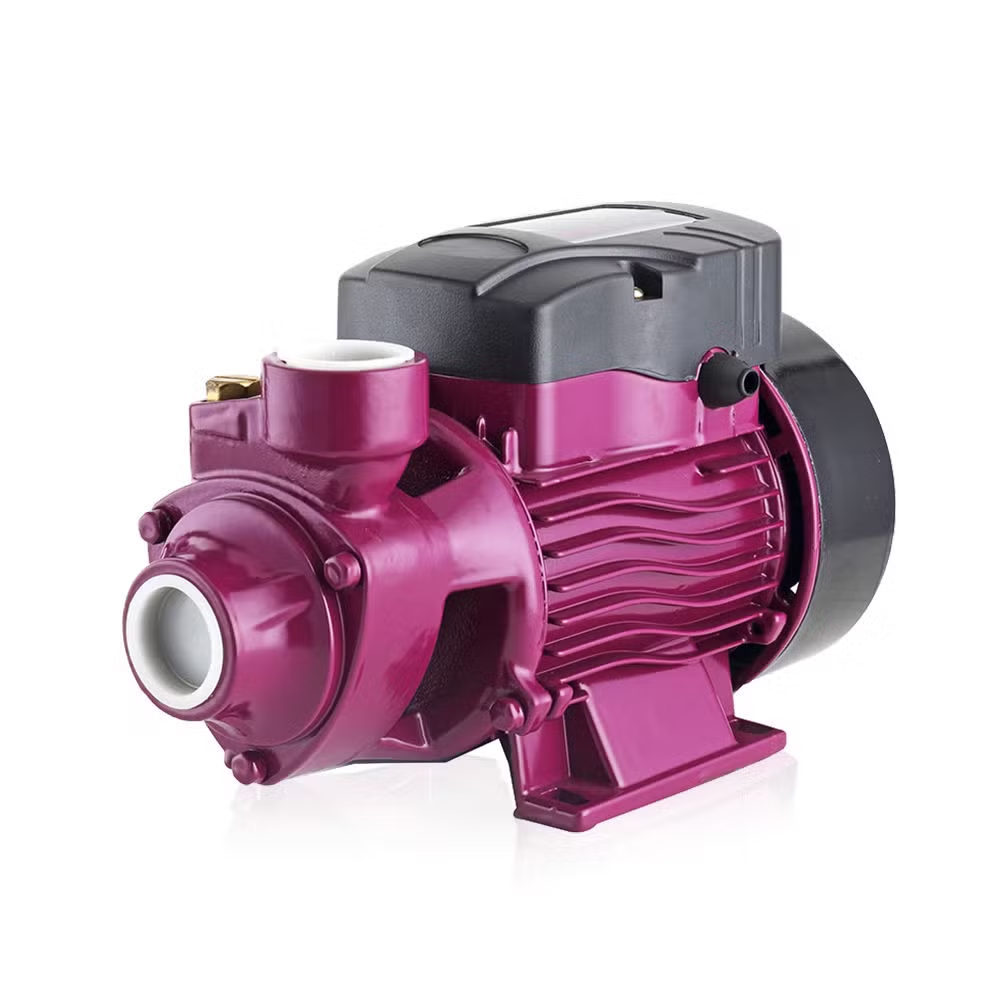When it comes to maintaining a vehicle, one of the most important tasks is changing the engine oil regularly. However, when it is time to dispose of your car’s old oil, it is essential to handle it responsibly. Used motor oil is not only hazardous to the environment but can also harm wildlife and contaminate water sources. If you’re also looking to get rid of an old or unwanted vehicle, car removal in Sydney is an efficient and environmentally friendly option. This blog will guide you through the safest and most responsible ways to dispose of your car’s old oil, helping you make environmentally conscious decisions while following local regulations.
Why It Is Important to Dispose of Oil Properly
Used motor oil is considered a hazardous waste due to the presence of contaminants like heavy metals, chemicals, and additives. If disposed of improperly, such as dumping it down a drain or pouring it on the ground, this oil can seep into the environment, causing significant harm to plants, animals, and even groundwater.
In Australia, it is illegal to throw away motor oil in general waste. If you are caught improperly disposing of used oil, you can face hefty fines. Therefore, it is important to understand the proper channels for disposal to avoid environmental damage and ensure legal compliance.
How to Collect Old Oil for Disposal
Before disposing of your old oil, it is important to collect it properly to prevent spills. Here are some basic steps to follow:
- Prepare a Container: Always use a clean, leak-proof container that is specifically designed for holding used oil. Most auto parts stores sell containers made for this purpose. Avoid using food containers or bottles that were previously used for non-oil items.
- Drain the Oil: Once the oil has cooled down (but is still warm), place your container under the oil pan and unscrew the oil drain plug. Allow the oil to drain completely into the container. Ensure that the car is on a level surface to help the oil drain properly.
- Seal the Container: After collecting the oil, make sure the container is sealed tightly to prevent any leaks. Label the container as used oil so it can be easily identified if needed.
- Clean Up Spills: In case of any spillage during the oil change process, make sure to clean it up immediately. Use an absorbent material like cat litter or rags to soak up any remaining oil, and dispose of it with the used oil.
Where to Take Used Oil for Disposal
Once you have safely collected your old oil, the next step is to dispose of it at an appropriate facility. Here are some common options:
1. Auto Parts Stores
Many auto parts stores, such as Repco and Supercheap Auto, offer free oil recycling services. These stores often have designated collection points where you can drop off your used oil. Some even accept oil filters and other parts that contain oil residues. Before you go, call the store to confirm their recycling program and any specific requirements they may have.
2. Service Stations and Mechanic Shops
Some service stations and local mechanic shops may also accept used oil for recycling. If you are getting an oil change done at a garage, ask the technician if they can take the old oil off your hands. Many mechanics have partnerships with recycling companies that ensure proper disposal.
3. Recycling Centres
Some local government recycling centres accept used motor oil for recycling. You can check with your local council to find out if they have a designated drop-off point for hazardous waste such as used oil. Many recycling centres will even accept used oil filters and bottles, which can also be recycled.
4. Specialized Oil Recycling Facilities
If you are unsure where to go, specialized oil recycling facilities offer dedicated services for used motor oil. These facilities can process the oil to remove contaminants and repurpose it for various uses, such as re-refining it into new oil or converting it into fuel. This process helps reduce the overall environmental impact.
Why Should You Recycle Used Motor Oil?
Recycling used motor oil helps conserve natural resources and reduces pollution. Used oil can be cleaned, refined, and reused as engine oil, heating oil, or in the production of other products like lubricants and asphalt. According to the Australian government, recycling used motor oil conserves over 85% of the energy that would be required to produce new oil from raw materials. By recycling, you are not only helping the environment but also promoting a more sustainable approach to managing resources.
Dangers of Improper Disposal
The improper disposal of used motor oil can have serious environmental consequences. Here are some of the dangers associated with discarding used oil incorrectly:
- Water Pollution: Used motor oil can contaminate water sources when it enters storm drains or runoff systems. Just one litre of used oil can contaminate up to one million litres of water, which is enough to fill 30 average-sized swimming pools. This could severely affect aquatic life.
- Soil Contamination: Oil can seep into the soil, harming plant life and potentially entering the food chain if contaminated plants are consumed by animals or humans.
- Harm to Wildlife: Animals that come into contact with used motor oil can suffer from poisoning or skin irritation. Birds, for example, can ingest small amounts of oil while drinking contaminated water, which can lead to fatal consequences.
- Fire Hazard: Used oil can also be a fire risk. If it is stored improperly, especially in hot weather, it can ignite and cause a dangerous fire.
What Happens to Used Motor Oil After It Is Collected?
Once used motor oil is collected, it is transported to recycling facilities, where it undergoes a series of processes to remove contaminants. The oil is then purified and re-refined into usable products. In many cases, the oil can be reused as engine oil without any degradation in quality. Other times, it may be repurposed for use in industrial machinery or as heating oil.
Oil filters, which are often discarded with used oil, are also recycled. After the oil is drained, the filter is crushed to remove any remaining oil and then processed to separate the metal from the remaining components.
Alternatives to Changing Oil Yourself
If you do not have the time, tools, or desire to change the oil yourself, you can always seek professional help. Auto shops and car service centres are experienced in handling oil changes, and they will dispose of your old oil responsibly. Additionally, some car removal services offer the opportunity to dispose of your vehicle, including any used oil, when you decide to sell it.
For example, if you are looking for a way to get rid of an old car that has unwanted oil and other waste, companies like Total Car Removal offer excellent services. Whether your car is old, damaged, or simply taking up space, Total Car Removal ensures safe and environmentally friendly disposal. Plus, you can receive cash for unwanted cars in Sydney while making sure that all parts of your vehicle, including used oil, are disposed of properly. With their expertise, you do not have to worry about handling your car’s waste materials on your own.
Conclusion
Proper disposal of used motor oil is essential for protecting the environment and complying with local regulations. Always make sure to collect and store your used oil in a safe container and take it to a proper disposal facility, whether that be a local auto parts store, recycling centre, or oil recycling facility. By following these steps, you will not only be helping to protect the planet but also contributing to a more sustainable future for all.
Also Read
- ► The Importance of Tire Rotation and Proper Inflation
- ► How to Check Your Car’s Suspension System for Problems
- ► How to Know When It’s Time to Replace Your Car’s Clutch
- ► Essential Car Maintenance Tips for First-Time Car Owners
- ► Balenciaga: The Iconic Luxury Fashion Brand That Redefines Style
- ► Travis Scott and Trapstar: The Kings of Street Style
- ► Travis Scott and Trapstar: The Kings of Street Style
- ► Essentials: A Comprehensive Guide to What You Truly Need in Life
- ► The Essentials Hoodie: A Comfortable and Stylish Wardrobe Essential
- ► Bold Moves: The Trapstar and CDG Converse Connection
- ► The Future of Luxury Content Creation: Inside Billionaire Studios.
- ► Cash For Cars NSW in Sydney can assist You Get Cash for Your Unwanted Car
- ► Comfort Meets Style: The Essentials Hoodie
- ► Chandigarh Manali honeymoon: Things to Know Before Visit
- ► Essentials Tracksuit: The Intersection of Fashion and Fitness



